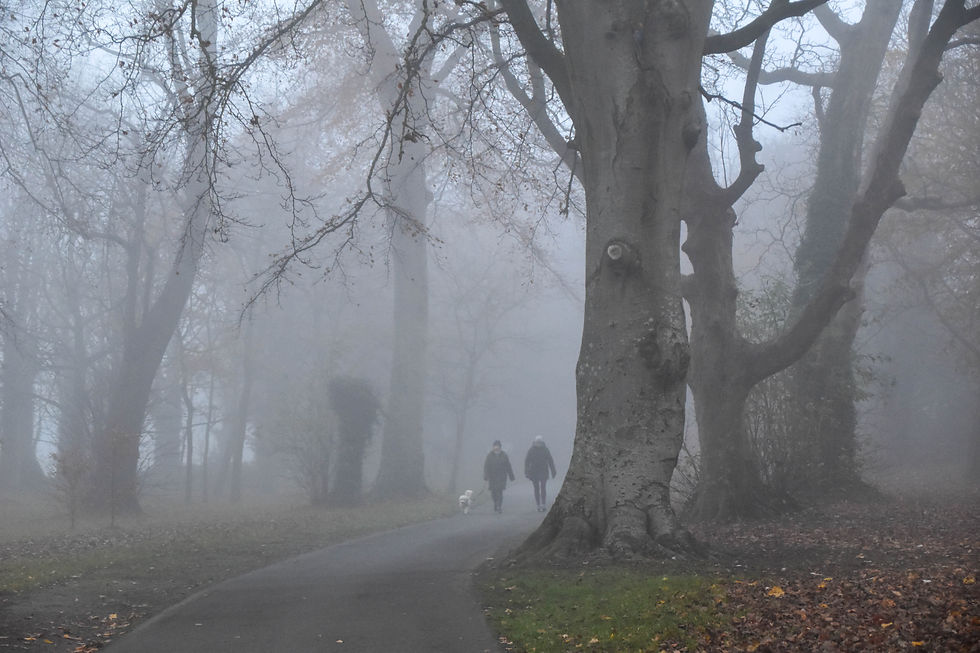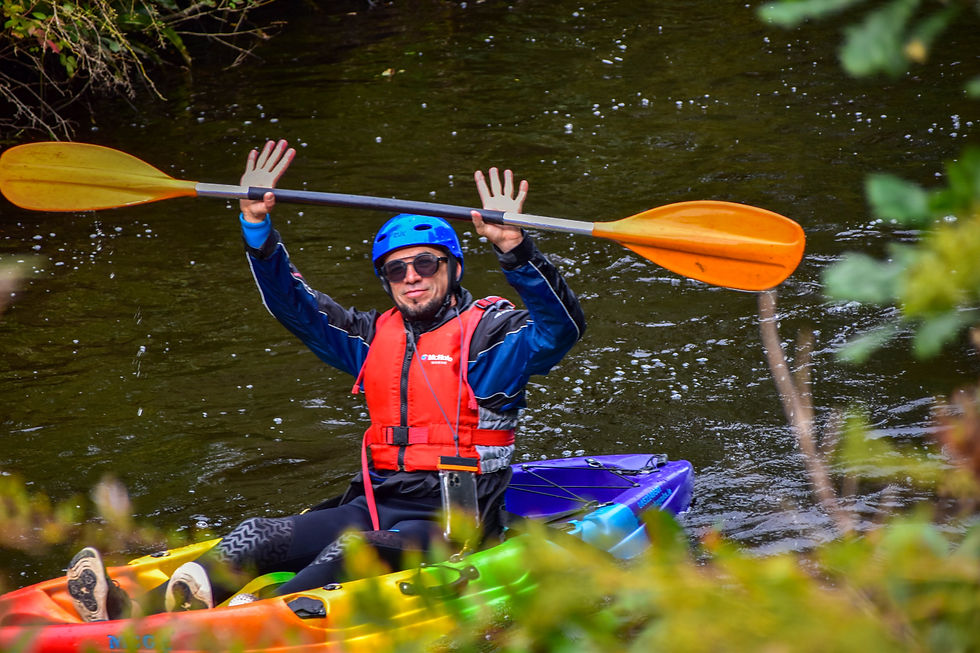What Are the Signs That Your Photography is Improving?
- WildWillowWays

- Jan 14, 2024
- 4 min read

It is now five years since I returned to photography after an absence of many years due to the pressures of work and daily life.
It’s also five years since I started this blog to chart my journey back to photography and hopefully to share my learning and discoveries with others who might be on a similar journey.
One of the questions I often ponder is how do I know I am improving at photography?
After all, photography is very subjective and when looking at my own photos I wonder whether the photos that I like are actually any good from an objective viewpoint.
While I don’t measure my success in photography in terms of whether my photos are ‘good’ in the opinion of others, I do want to feel that there are some criteria I can use to judge the extent of my progress.
If you are at a similar stage, and are finding it difficult to judge your own progress, here are some criteria you could use to help you discover if your photography skills and your photography mindset are progressing as you would like them to.
So, What Are the Signs That Your Photography is Improving?
· You have stopped comparing yourself to other photographers and are focussed on your own work, trying to improve on what you are currently producing.
I used to compare my work (usually unfavourably) to that of others and this had a detrimental effect on my self-esteem and my confidence. I have gradually begun to realise that comparisons are pointless and that the most important route to improvement is to study my own work and identify both good and bad aspects.
· You are interested in creating your own authentic work, making images that are pleasing to you.
We all need inspiration from others and that is good. We can pick up ideas that appeal to us and that we can make our own. By looking at the work of other photographers we begin to know what we like and dislike and this helps us to pursue our own path. Being inspired is a positive thing and we know we are improving at photography when we can take inspiration without either comparing or copying.
· You are your own best critic.
When you can look objectively at your own work, discern what is good about your images as well as what needs improvement, and start to keep only the best images for editing, you have made huge strides forward in terms of your photography progress.
· You have stopped being disappointed over missed opportunities.
You know that all is not lost when you miss a shot because opportunities will come again, and you’ll be better prepared to capture those moments. You’ll plan your time for visiting your location more accurately, arriving earlier or staying later, or you’ll have a better awareness of what the light is doing at different times. You’ll realise that small changes in planning or preparation will mean less disappointment, and you’ll begin to make these changes.
· You become competent at problem solving ‘in the field’.
You can adjust perspective, choose composition options, move around to get a better angle, remove distractions, and generally try to get the best image in situ. This reduces disappointments and means you spend less time adjusting your image in an editing programme later.
· You are able to change settings easily and quickly.
This comes from knowing your camera inside out. When you can quickly access the menu option to find you are looking for, when you can change aperture, shutter speed and ISO, and know what to use without thinking too much about them, when a lack of familiarity with your camera isn’t holding back your progress, you know you are improving at photography. Your camera is merely a tool to help you develop your creativity, but you do need to know it well or it will hinder your progress.
· You feel contentment and satisfaction with your work rather than always feeling that it lacks something.
You begin to like your images and to know that even when you don’t there are improvements you can make to help you get better images on your next outing. You accept that everyone has down days and you start to appreciate those days when you come home with some real ‘keepers’.
· You are happy to make the most of the gear you have. You realise that there is no such thing as a perfect camera or a perfect lens. All cameras and lenses, regardless of their price range, have their limitations so you are willing to work with what you have until you begin to outgrow what it has to offer.
GAS (gear acquisition syndrome) becomes a thing of the past!

Yay!
FINAL THOUGHTS
As I said at the outset, it can be difficult to evaluate your own progress in photography. There is no test you can pass, no milestone you can reach, no yardstick you can use to discover whether you are improving at photography. Progress is subjective and multi-faceted. It involves not just technical improvements but also progress in how you think about your photography, how you see yourself as a photographer.
I hope that some of the ideas above will help you to think about your own photography and enable you to see the progress that you have undoubtedly made.






Comments